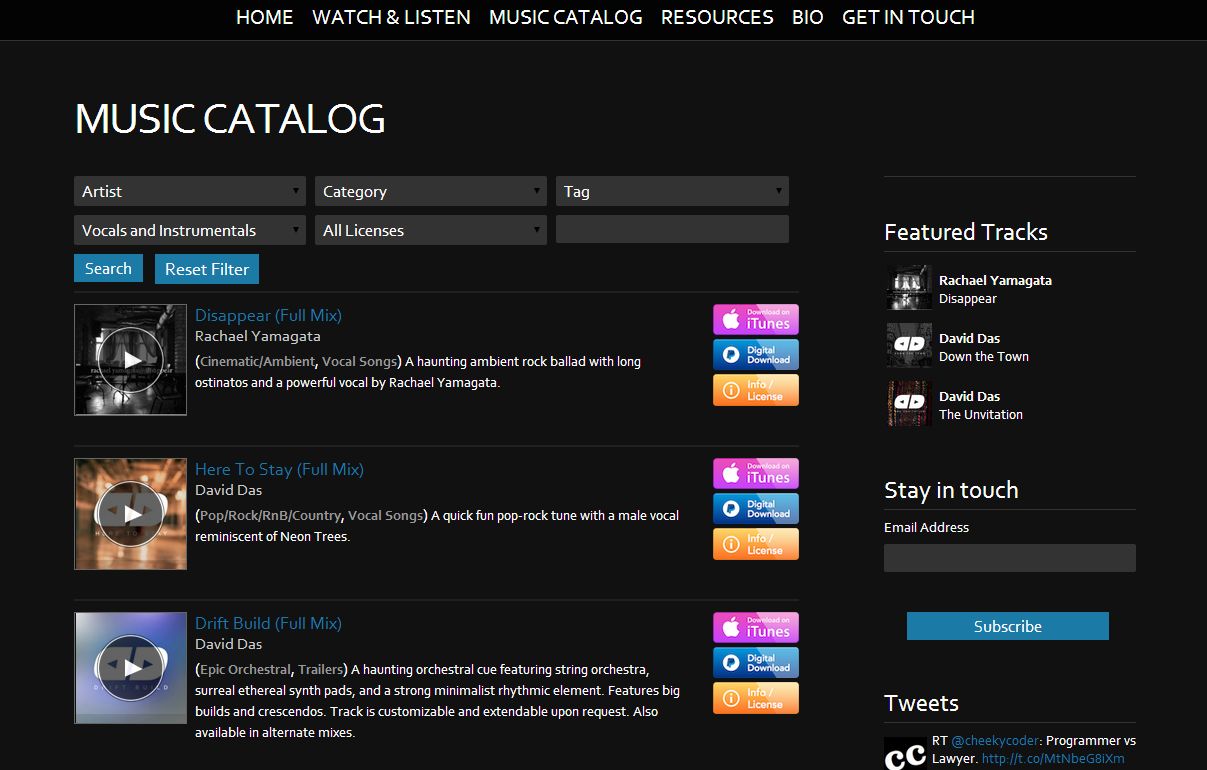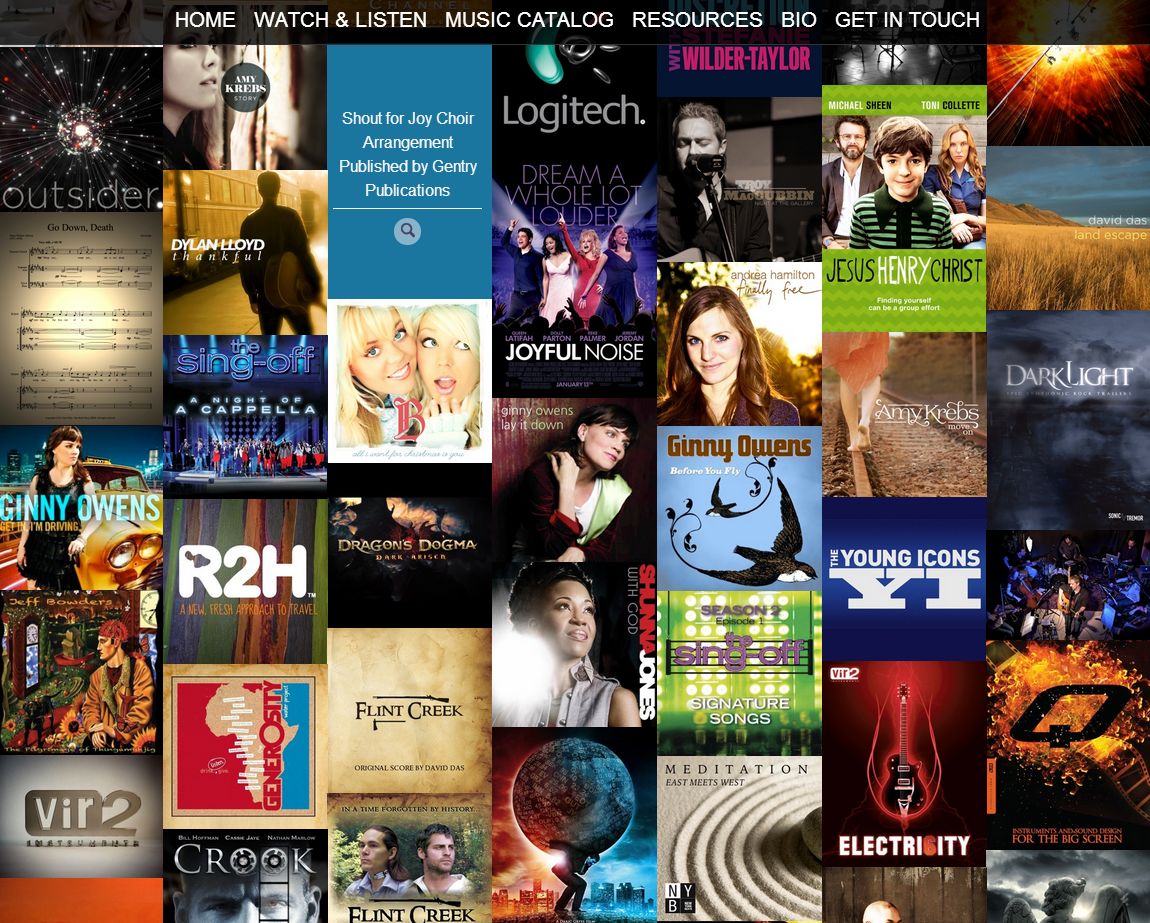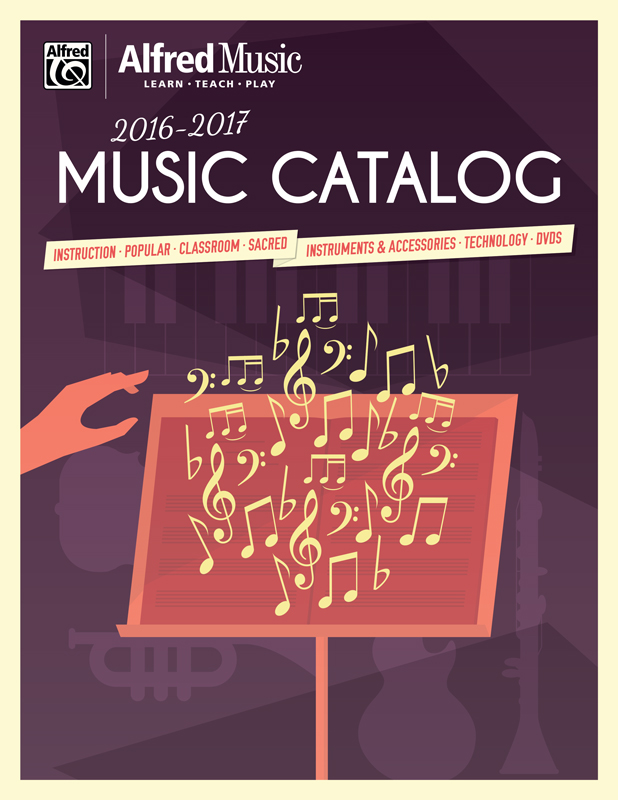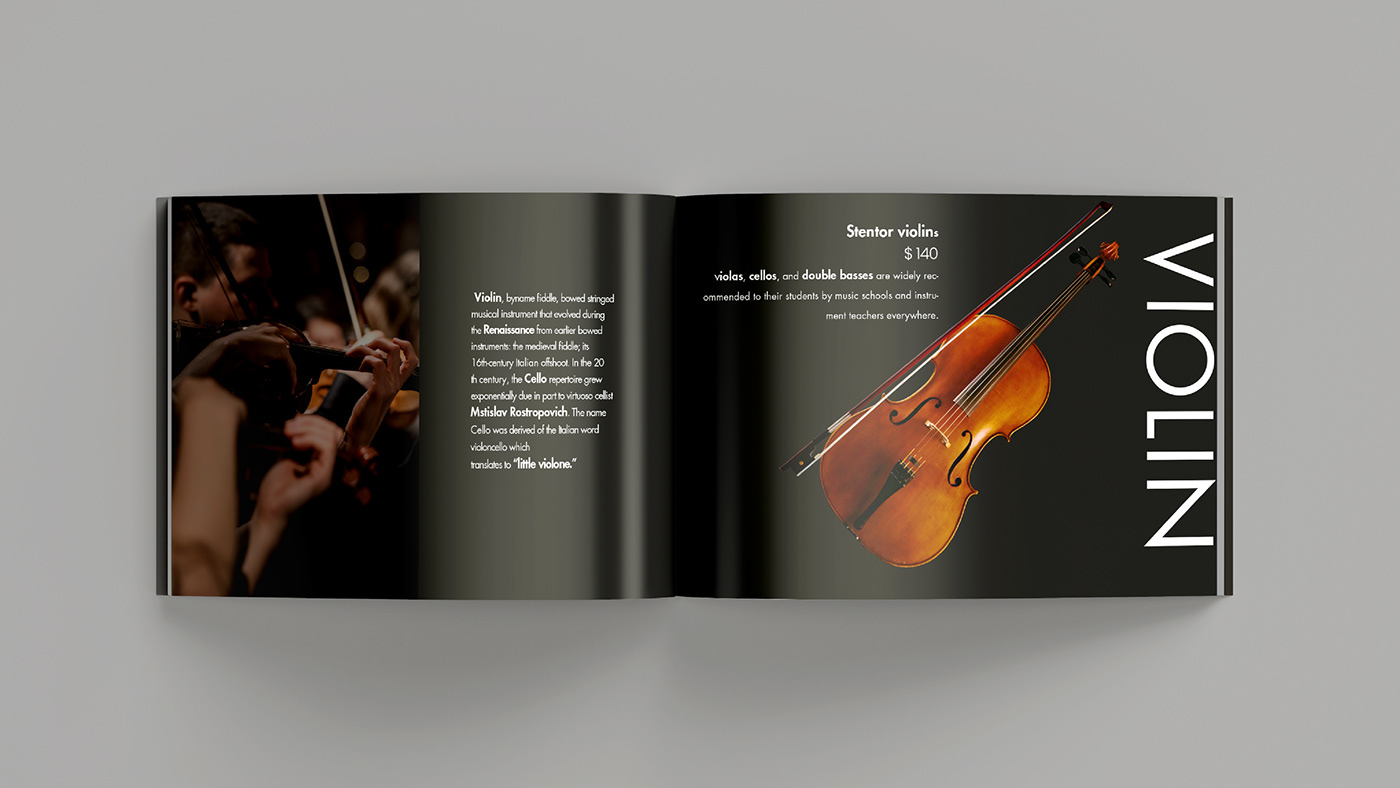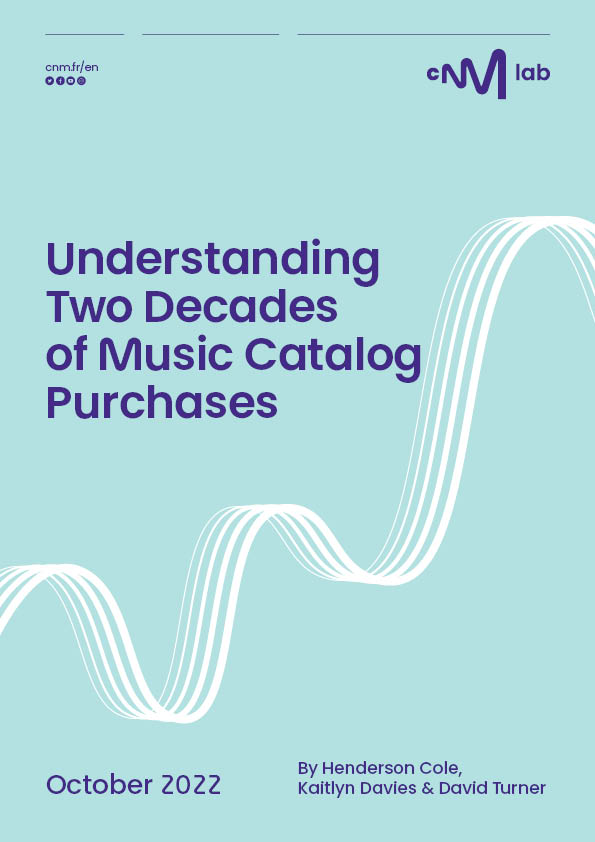Music Catalog Meaning
Music Catalog Meaning - They also serve as a representation of the. Music catalogs are valuable assets for musicians as they provide a steady stream of income through royalties and licensing deals. In this article, we delve into the multifaceted. It’s become a major story in the music industry during the past couple of years, to the point where the biggest music buyers these days are not fans but rather companies. In the music industry, a music catalog refers to a collection of songs, albums, or compositions owned or represented by a record label, music publishing company, or an. In a q&a, jeanne fromer, vice dean of intellectual life and walter j. “selling your music catalog” can mean selling a complete catalog, a collection of songs or a single song. Your music catalog is the collection of all the songs you own or control. Music from practically any tradition can, of course, be written down. A music catalog, a compilation of an artist's work, is not just a collection of songs; A music catalog, a compilation of an artist's work, is not just a collection of songs; The owner owns the copyrights of the cataloged compositions. A music catalog is more than just a list of songs; In a q&a, jeanne fromer, vice dean of intellectual life and walter j. Regardless of what you sell, you must first determine who owns the music and controls. A music catalogue is not a magic word, but a collection of musical compositions, in particular their copyrights, which come from one and the same artist. They also serve as a representation of the. Derenberg professor of intellectual property law, discusses why the phenomenon of song. Your music catalog is the collection of all the songs you own or control. In the music industry, a catalogue refers to a collection of a recording artist’s, band’s, or composer’s music works, including songs, albums, and other musical compositions. It represents a legacy, a journey, and a source of revenue. A music catalog is a comprehensive list or inventory of all the songs, compositions, recordings, and other musical works owned or controlled by a music publisher, record label,. What is a music catalog? “selling your music catalog” can mean selling a complete catalog, a collection of songs or a. A music catalog is a comprehensive list or inventory of all the songs, compositions, recordings, and other musical works owned or controlled by a music publisher, record label,. “selling your music catalog” can mean selling a complete catalog, a collection of songs or a single song. In the music industry, a music catalog refers to a collection of songs, albums,. “selling your music catalog” can mean selling a complete catalog, a collection of songs or a single song. The owner owns the copyrights of the cataloged compositions. It encompasses their entire discography, including albums, singles, and any unreleased tracks. Music catalogs are valuable assets for musicians as they provide a steady stream of income through royalties and licensing deals. A. They also serve as a representation of the. A music catalog, a compilation of an artist's work, is not just a collection of songs; In a q&a, jeanne fromer, vice dean of intellectual life and walter j. A music catalog, in simple terms, refers to the collection of songs an artist owns. In the music industry, a collection of musical. Your music catalog is the collection of all the songs you own or control. A music catalog, a compilation of an artist's work, is not just a collection of songs; “selling your music catalog” can mean selling a complete catalog, a collection of songs or a single song. Music catalogs are valuable assets for musicians as they provide a steady. In a q&a, jeanne fromer, vice dean of intellectual life and walter j. Your music catalog is the collection of all the songs you own or control. “selling your music catalog” can mean selling a complete catalog, a collection of songs or a single song. What is a music catalog? A music catalog is more than just a list of. It’s become a major story in the music industry during the past couple of years, to the point where the biggest music buyers these days are not fans but rather companies. It encompasses their entire discography, including albums, singles, and any unreleased tracks. They also serve as a representation of the. Music catalogs are valuable assets for musicians as they. A music catalog, a compilation of an artist's work, is not just a collection of songs; “selling your music catalog” can mean selling a complete catalog, a collection of songs or a single song. The owner owns the copyrights of the cataloged compositions. A music catalogue is not a magic word, but a collection of musical compositions, in particular their. Derenberg professor of intellectual property law, discusses why the phenomenon of song. “selling your music catalog” can mean selling a complete catalog, a collection of songs or a single song. A music catalogue is not a magic word, but a collection of musical compositions, in particular their copyrights, which come from one and the same artist. Your music catalog is. In a q&a, jeanne fromer, vice dean of intellectual life and walter j. What is a music catalog? A music catalog, in simple terms, refers to the collection of songs an artist owns. They also serve as a representation of the. In the music industry, a music catalog refers to a collection of songs, albums, or compositions owned or represented. It’s become a major story in the music industry during the past couple of years, to the point where the biggest music buyers these days are not fans but rather companies. Your music catalog is the collection of all the songs you own or control. Derenberg professor of intellectual property law, discusses why the phenomenon of song. They also serve as a representation of the. Music from practically any tradition can, of course, be written down. A music catalog is more than just a list of songs; A music catalog, a compilation of an artist's work, is not just a collection of songs; In a q&a, jeanne fromer, vice dean of intellectual life and walter j. In the music industry, a music catalog refers to a collection of songs, albums, or compositions owned or represented by a record label, music publishing company, or an. In this article, we delve into the multifaceted. In the music industry, a catalogue refers to a collection of a recording artist’s, band’s, or composer’s music works, including songs, albums, and other musical compositions. The owner owns the copyrights of the cataloged compositions. A music catalog is a comprehensive list or inventory of all the songs, compositions, recordings, and other musical works owned or controlled by a music publisher, record label,. Regardless of what you sell, you must first determine who owns the music and controls. Music catalogs are valuable assets for musicians as they provide a steady stream of income through royalties and licensing deals. In the music industry, a collection of musical compositions is cataloged into a music catalog.Music and Musical Instrument Catalogs Guide to Value, Marks, History
How to build a large music catalog with Views and custom search. A case
How to build a large music catalog with Views and custom search. A case
Why are artists selling their music catalogs?
What Is A Music Catalog & Why Are Artists Selling
Catalogs
Use this Music Catalog Software to Organize Your Collection En.blog
MUSICAL INSTRUMENT CATALOG /NOVA CATALOG Behance
Understanding Two Decades of Music Catalog Purchases CNMlab
Music Catalog Meaning A Beginner’s Guide to the Heart of the Music
What Is A Music Catalog?
It Encompasses Their Entire Discography, Including Albums, Singles, And Any Unreleased Tracks.
It Represents A Legacy, A Journey, And A Source Of Revenue.
“Selling Your Music Catalog” Can Mean Selling A Complete Catalog, A Collection Of Songs Or A Single Song.
Related Post:

